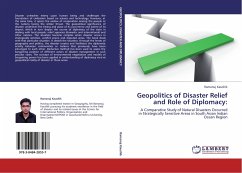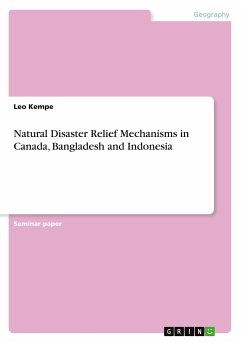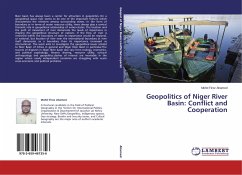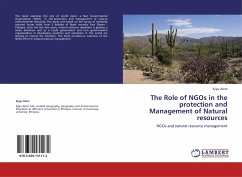Disaster unleashes misery upon human being and challenges the foundation of civilization based on science and technology. However, at the same time, it opens the widow of cooperation among the people or the nations facing the similar threat. The geopolitical significance of disaster underlines the timing and place of its occurrence and extent of its impact; which in turn shapes the course of diplomacy of the state in dealing with local people, relief agencies (domestic and international) and other nations. The situation become complex when disaster occurs in strategically sensitive, conflict prone and disputed areas. The book deals with that particular situation. It details the situation, through the lenses of geography and politics, the disaster creates and facilitates the diplomatic activity between communities or nations that previously have been estranged to each other. Deductive method has been used to assess the bargaining position of different actors of disaster managementin such peculiar cases. The concept of environmental negotiation and models of bargaining power has been applied in understanding of diplomacy vis-à-vis geopolitical reality of disaster in those areas.
Bitte wählen Sie Ihr Anliegen aus.
Rechnungen
Retourenschein anfordern
Bestellstatus
Storno








